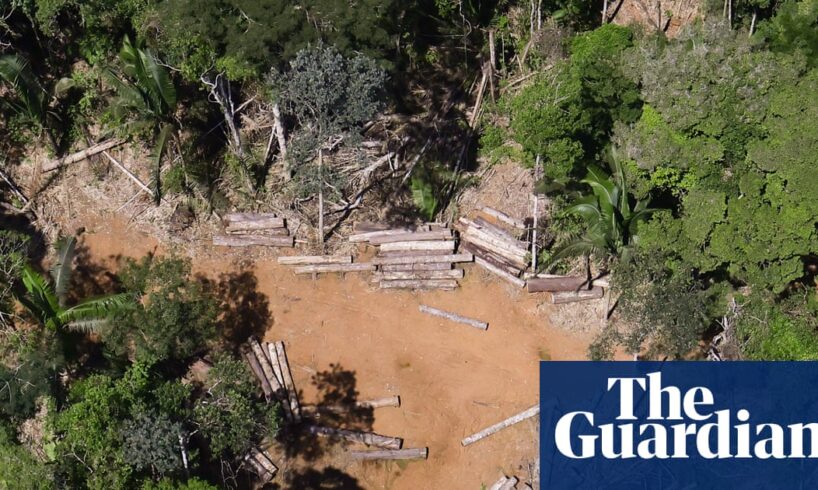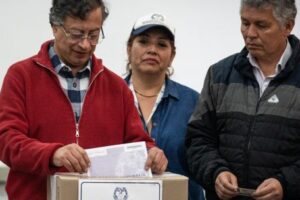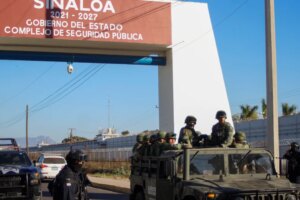
Brazilian lawmakers have passed a bill that drastically weakens the country’s environmental safeguards and is seen by many activists as the most significant setback for the country’s environmental legislation in the past 40 years.
The new law – widely referred to as the “devastation bill” and already approved by the senate in May – passed in congress in the early hours of Thursday by 267 votes to 116, despite opposition from more than 350 organisations and social movements.
It now goes to the president, Luiz Inácio Lula da Silva, who has 15 working days to either approve or veto it.
Even if he vetoes the legislation, there is a strong chance that the predominantly conservative congress will overturn that, triggering a likely battle in the supreme court, as legal experts argue that the new law is unconstitutional.
“Either way, its approval is a tragedy,” said Suely Araújo, public policy coordinator at the Climate Observatory civil society group, arguing that the legislation would, among other serious consequences, drive large-scale deforestation and heighten the risk of human-caused climate disasters.
“There’s no precedent for how damaging this law is,” she said, describing it, as have several other environmental organisations, as “the greatest setback to Brazil’s environmental legislation” since the 1980s, when licensing first became a legal requirement in the country.
One of the main points of criticism of the law is that it allows projects classified as having “medium” polluting potential to obtain an environmental licence through a self-declared online form – without prior impact studies or regulatory review. Previously, this fast-track process was limited to low-risk activities.
According to Araújo, this will affect about 90% of licensing procedures in Brazil, including those for mining companies and the vast majority of agricultural activities.
“We’re seeing the implosion of Brazil’s environmental licensing system, that is going to become full self-licensing, where a company just clicks a button and the permit gets printed,” said Araújo, who served as president of Brazil’s environmental protection agency, Ibama, from 2016 to 2018.
The law also states that agencies responsible for protecting the rights of Indigenous and quilombola communities will only have a say in licensing processes for projects located on officially recognised territories – excluding more than 30% of Indigenous lands and over 80% of quilombola areas that have been awaiting official titling for years.
“Many of these lands are already under dispute or being targeted by exploitative companies,” said Dinamam Tuxá, executive coordinator of the Articulation of Indigenous Peoples of Brazil (Apib), who described the law’s approval as “the legalisation of a process of extermination of Indigenous peoples”.
Tuxá says Lula should veto the bill, but recognises that in a predominantly opposition-led congress, the president’s decision is likely to be overturned. “That’s why civil society must remain organised to pressure lawmakers not to overturn the veto,” he said.
If the law does come into force, it is likely to trigger a wave of legal challenges, as activists and legal experts argue that it violates the constitution and previous rulings by the supreme court.
Some activists have criticised Lula’s administration for not doing enough to prevent the bill’s approval, and even for giving it a free pass, as reported by the news outlet Sumaúma. Resistance to the bill was primarily confined to the environment minister, Marina Silva, who described it as “the burial of environmental licensing”.
According to the Climate Observatory’s Araújo, the law also creates a major embarrassment for both Brazil and Lula just months before the country is to host Cop30 in the Amazon in November. “This law is a serious setback and will shape how Brazil is viewed by those who see it as a potential environmental leader,” she said.





